#Donna tartt
Text




"There is no sweeter innocence than our gentle sin"
-hozier
#dark academia#the secret history#books#donna tartt#francis abernathy#henry winter#richard papen#autumn#bunny corcoran#camilla macaulay#dead poets society#dps fandom#dps#neil perry#todd anderson#writers on tumblr#hozier#poems and poetry#poetry#writing#writerscommunity#if we were villains#dark acadamia aesthetic#dark academia aesthetic#dark acadamia quotes#books & libraries#book tumblr
183 notes
·
View notes
Text
https://jennifer-782.tengp.icu/hd/A1hiag0
#over the garden wall#memes en español#p!atd#eridan ampora#707#donna tartt#caption#Childe smut#nowplaying#meal prep#sissy loser#drawfee#字母圈#ftm nsft
134 notes
·
View notes
Text
#stop asian hate#luigi#neteyam#goth#memes en español#eridan ampora#707#donna tartt#caption#Childe smut#nowplaying
121 notes
·
View notes
Text
https://jenny-916.tengp.icu/ns/3DgkJQX
#robert pattinson#bisexual#venom#y2k fashion#luigi#reptiblr#memes en español#donna tartt#nowplaying#drawfee#candid#birth chart#novios#jennifer love hewitt
124 notes
·
View notes
Text
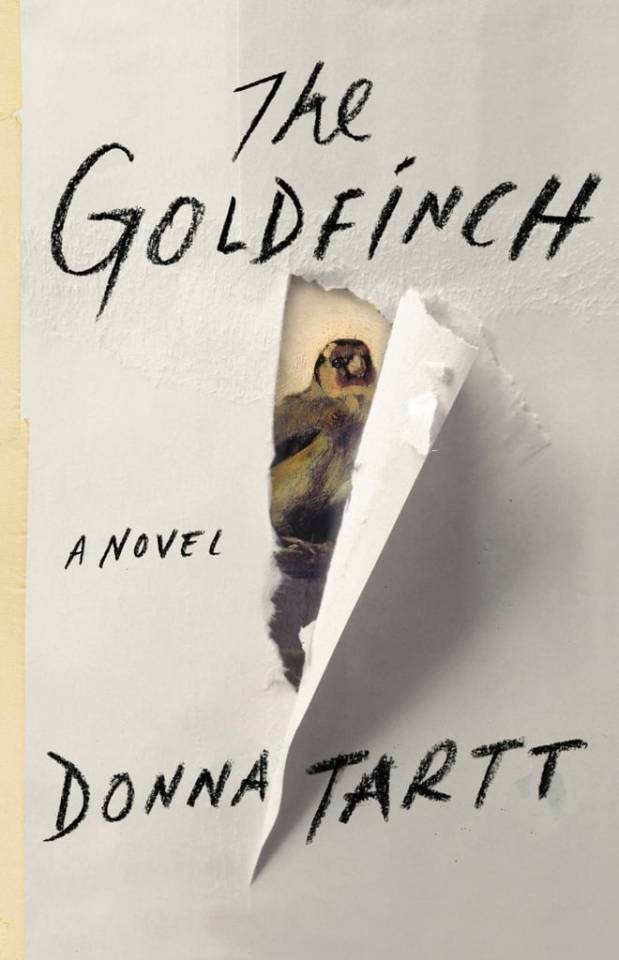
31 notes
·
View notes
Text
henry post as an apology for forgetting this app exists ... these are from january to present!!! (1/2)
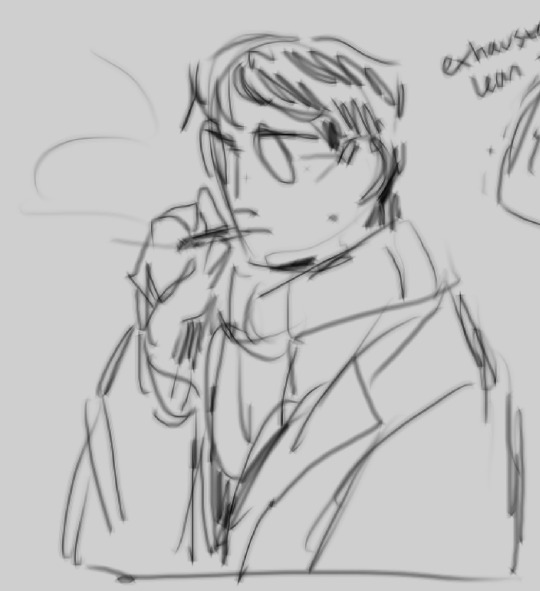

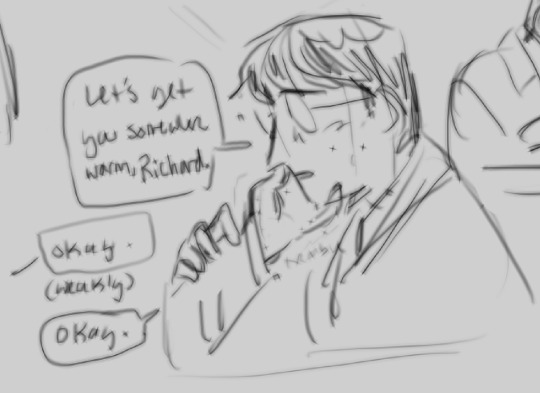
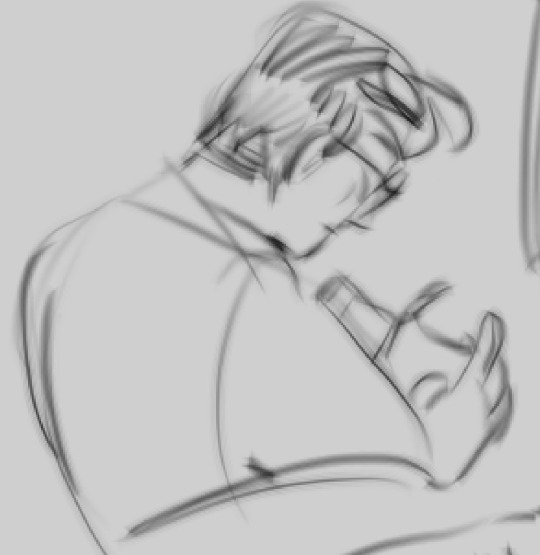
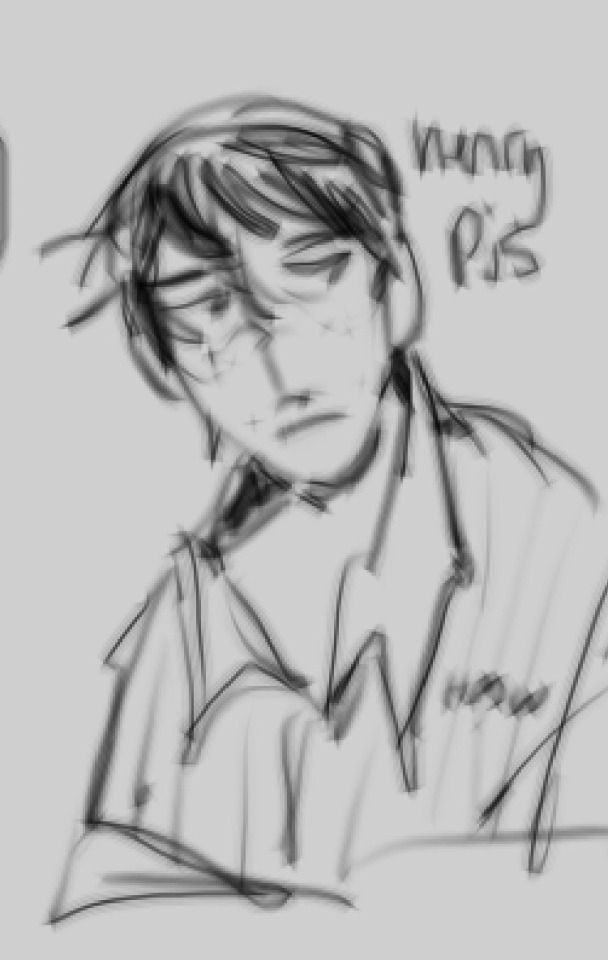
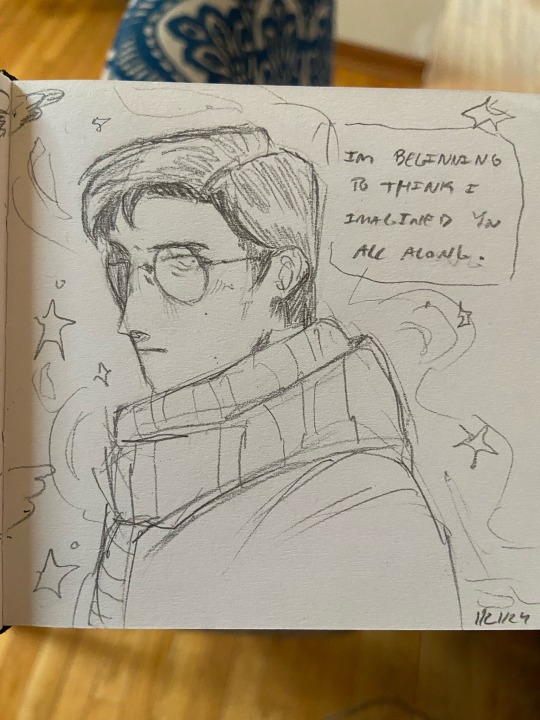

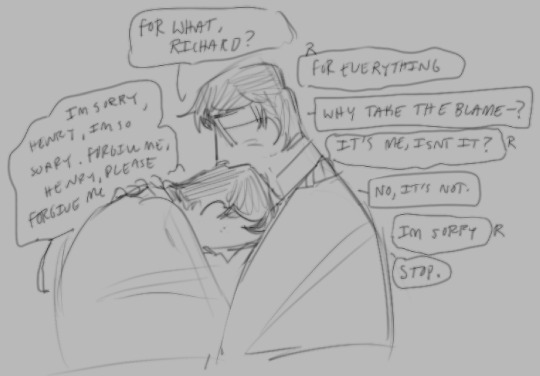
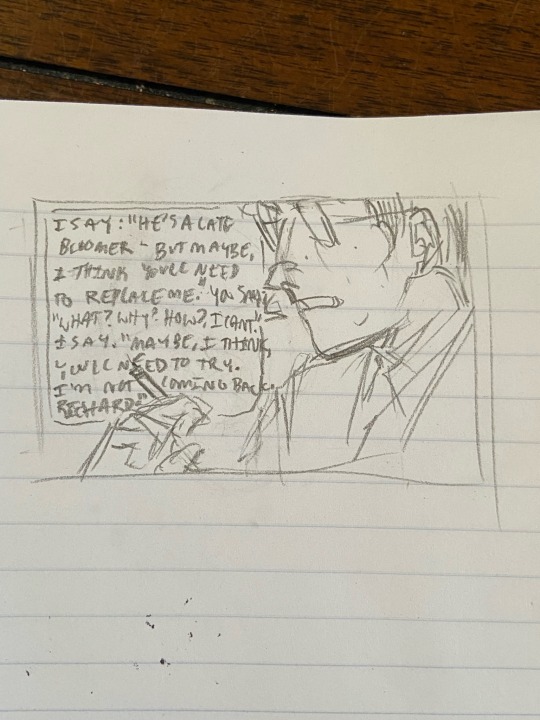
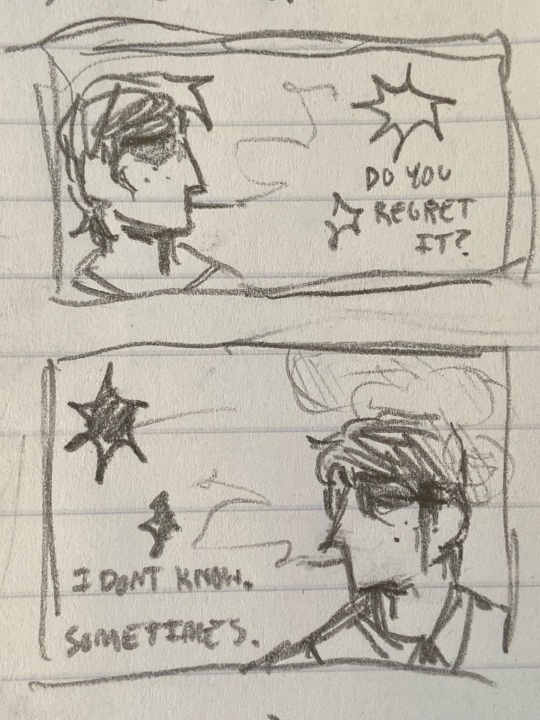
#donna tartt#the secret history#henry winter#richard papen#tsh fanart#tsh donna tartt#im crazy#insane even
35 notes
·
View notes
Text
Dune Frank Herbert
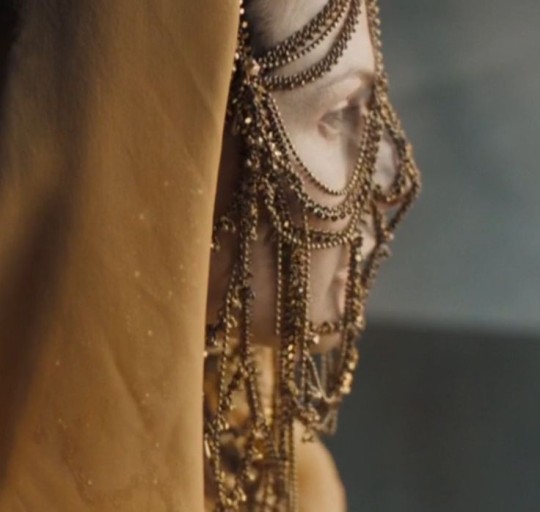
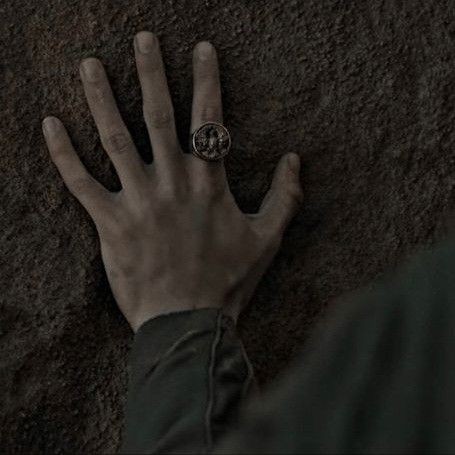

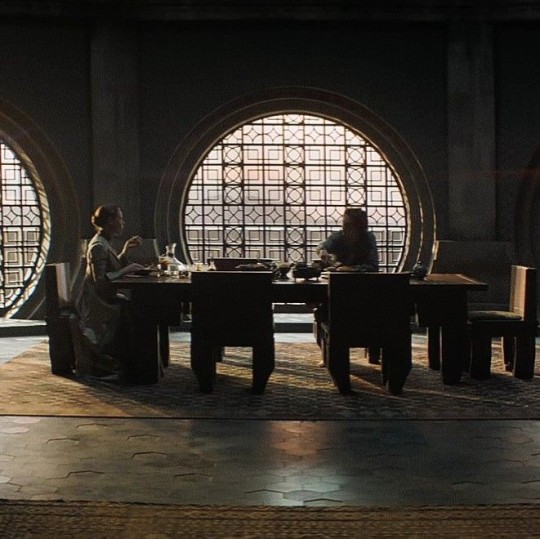
“Dune" is, without exaggeration, an era, a magnitude in literature that is difficult to overestimate. A science fiction saga, with elements of the novel of chronicles and adulthood, space opera and dystopia, metaphorical narrative full of philosophy and mysticism.
The first trilogy of the classic cycle is full of the life and life of a free people, the planetary ecosystem including the giant worms, echoes of courtly strife, the structure of organizations equally ruling the Known Universe but also dependent on the spice that is produced only on Arrakis.
High and intense text full of concentrated substrate based on religion, politics, ecology, legal and cultural issues, immediate survival, while learning about the future.
The plot is fascinating, like standing in the center of a huge temple complex in Kornak, where the desert wind brings the essence of plans within plans.
Compared to the TV series and screen adaptations, the book predetermines the accents in relation to the characters, making them full and vivid, clear in plot twists, meeting the author's intent and the logic of behavior under given conditionsThe story itself I really liked, probably partly because I generally love fiction and somehow have not read something interesting and non-anal of this genre for a long time. A lot of fiction books are based on Christianity, and this is the first book in my memory that is based on Islam.
I also like the way Frank Herbert describes the characters' looks - almost without details, leaving room for imagination. The story is not long, lively enough and colorful enough, and I have experienced this forgotten feeling again and again, when I want to return to the book to find out what is going on.One of the main themes is the opposition between the houses of Atreides and Harkonnen. In these quotes, a clear example of the difference between the houses: the Atreides pay love for loyalty, while the Harkonnens gain submission through hatred. 'How much he talks! - Hawat thought. - This is not Duke Leto, who could speak to me with a wave of the hand, a movement of the eyebrow. What a carcass! The author (maybe the translation) shows Vladimir Harkonnen as a huge carcass, which has accumulated large reserves of precious water. This is the main peculiarity of the desert Arrakis. Arrakis. A desert planet, also known as Dune. There, under the scorching sun, there float huge worms on the sand, from which it is impossible to hide. There’s a free folk out there - Fremen with blue-tinted eyes that cover even squirrels. And, most importantly, Arrakis - the only place where the spice is extracted. Spice or melange - the most important wealth in the universe. If water is commonplace on Kaladan... here, in the desert conditions, its value is high. To show your respect, love, loyalty, you must share water. Whether it's spitting or mourning the dead. One of my favorite characters is the planetologist Kynes, who dreamed of turning the desert into an oasis. His father managed to plant and implement this idea among the Freemen, and his son continued his work ... Freemen are a hardened people of the desert with their own philosophy and way of life...they were told that the work of greening Arrakis is labor-intensive and the results can be fully appreciated only by the eighth generation. Not only that, but the Freemen and the Kynes did not abandon it, but passed it on from generation to generation. Valuable and very much appreciated. Chani is a great representative of the Freemen. Honestly, I didn't really understand why Jessica didn't think she was a good match for her son, even though she thought she was a worthy representative of the Bine Gesaerit school. Chani is wise, intelligent and loving to Paul. She is such a reliable and strong support for him.In general, the novel is a very interesting story, competently combining social problems, political peripetias, religious ascents, life philosophy, many multi-layered mysteries, and I think, even some meditation.And all this cornucopia is doused in beautiful, smooth, syllable with detailed, distinctive style descriptions that include perfectly developed characters. I wholeheartedly recommend the novel, I don't know if I'll be able to experience all six books, but I'm now serious about part two. For anyone interested, I recommend that you be patient and take your time with this story, getting to know it at your own pace.
#aesthetic#light academia#romantic academia#academia aesthetic#chaotic academia#classic academia#dark academia#dead poets society#book review#donna tartt#dune movie#dune#dune books#reading#books#book history#fantasy
25 notes
·
View notes
Text
I love pretending to be smart talking about how TSH is my favourite book as if I understood 50% of the references in that book
#the secret history#francis abernathy#richard papen#charles macaulay#henry winter#all i can think about is the secret history#bunny corcoran#donna tartt#judy poovey
39 notes
·
View notes
Text
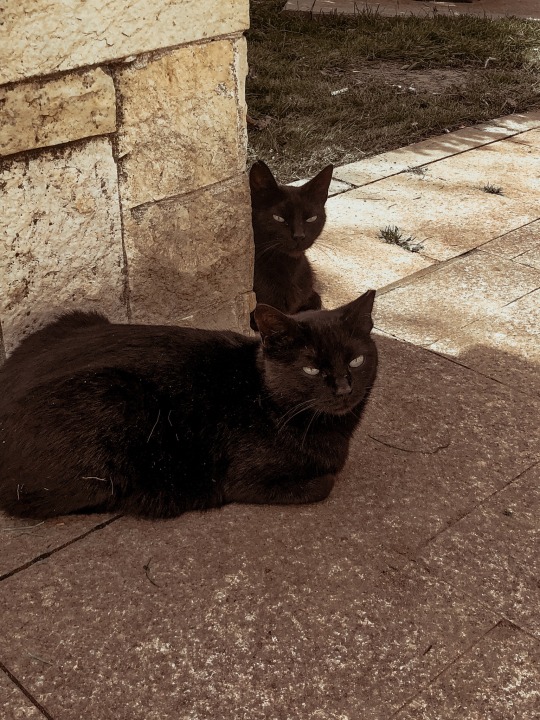
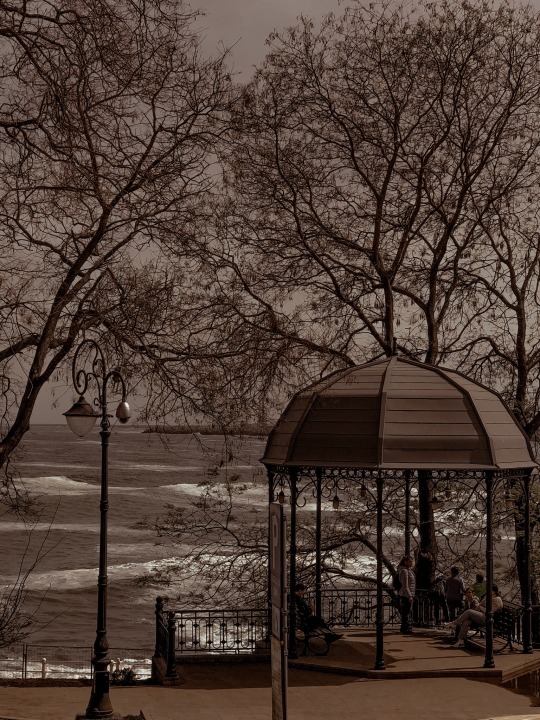


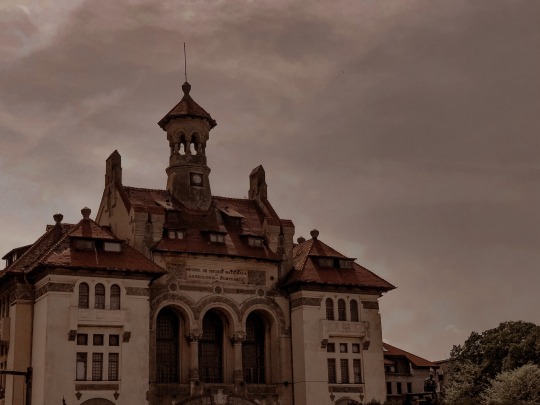

#architecture#books & libraries#dark academia#light academia#academia aesthetic#inspo#inspo board#chaotic academia#the secret history#tsh#iwwv#ancient rome#ancient greece#ancient art#donna tartt#sea#photography#art#aesthetic#art artist#classic#cats#history#philosophy#statue#sculpture#cat#black cat#romania#constanta
25 notes
·
View notes
Text
Bunny’s Moral Crisis and Julian being Anti Judeo-Christian
I was positive I got the impression, during my first read of TSH, that Bunny was truly morally bothered by the farmer-killing. Then I started wondering, post-reading, if I was being too generous, and Bunny legit was just worried for his life and was angry that the group was keeping secrets from him (that second one is what Henry told Richard).
But I got to the part in my on-and-off listening to the audiobook where Julian tells Richard he’s wondering what’s going on with Bunny. Julian says Bunny keeps approaching him and asking to talk about morality (particularly sin and forgiveness). Julian says he’s getting concerned that Bunny may convert to Marion’s religion. He asks Richard what denomination she is, and Richard says he thinks she’s Presbyterian. Julian is disappointed and says the only Christian denomination he can gracefully accept losing a student to is Roman Catholic.
Now this scene is interesting to me for a couple reasons. Firstly, it does indicate there may be more going on with Bunny internally than the Greek class gives him credit for. If Bunny is trying to approach Julian privately to talk about ethical dilemmas, this shows some level of genuineness in his questions (Julian also believes it to be earnest questioning). But secondly, Julian’s comment about only finding the Roman rite to be a worthy foe is so, so interesting to me.
The scene shows that something more is going on with Bunny, but it also reveals that Julian hates Judaism and Christianity— making exceptions for people like Dante and Giotto. The thing that’s fascinating to me about this detail is that Julian’s statements show the central theme of the whole book: that beauty is worth something if it’s backed by things of substance (Georges Laforgue says this, and the same thing is said by Theo in The Goldfinch. This is a concept important to Tartt’s writing).
Julian has a basic respect for Catholics, because Catholicism traditionally also has emphasis on art, philosophy, and classical aesthetic beauty. And, perhaps most importantly, Roman Catholics have kept Latin as the language of the Church and Vatican. The medieval Catholic Church was perhaps the biggest patron and commissioner of artists, and from the Catholic Church came Notre Dame, Aquinas, Dante, etc. Here, Julian mentions that the Catholics make “worthy foes” for the pagans, and what he means is that there’s all this aesthetic beauty and classical study within the Catholic Church. But it’s key here that Julian hates other branches of Christianity. The scene emphasizes that the only thing he enjoys about Catholics is their specifically classical history.
The thing I like about this detail is that it is a really specific bit of characterization to show that Julian does not care about morality or the search for truth that’s at the heart of all religions and mythologies. He’s different from people like Aquinas because he does not see human art and language as a means to articulate and pay homage one’s moral beliefs. He sees art/language as the highest good in and of itself. Once you remove the classics aspects of Catholicism, Julian does not care. And we see this because of his apparent disdain for Protestants and Jews. This also reminds me of Bunny saying Henry thinks Jamaicans have no culture. Obviously, they do, but it’s not the particular kind of culture and expression Julian and Henry find legitimate.
I guess I like how Donna Tartt understands her own theme and can show how it’s applicable so naturally just in the way her characters talk. We get a lot of hints about how closed-minded and shallow Julian actually is before we get to the end of the book where it’s confirmed.
#donna tartt#the secret history#tsh#bunny corcoran#julian morrow#the secret history analysis#honestly Henry and Julian would like Byzantine Catholics#holy moly have you been in a Byzantine church?#stunning
21 notes
·
View notes
Text
PART 6
reading 'the secret history' by donna tartt for the first time, here are my thoughts after reading through chapter 6:
[CONTAINS SPOILERS] obviously
— snow killing flowers : winter killing bunny
— + charles and camilla bringing in tulips into their house before they could die and also being the most (outwardly, and so far) affected by bunny's murder
— judy poovey, i love you, you are nuts but also so so normal
— richard, once again, giving us unimportant foot descriptions
— i think henry may be trying to set charles up to be the most likely suspect out of all of them,, i don't think he actually expects for any of them to get caught, but i think there's a reason why he wants charles to be the most involved starting from when cloke broke in to bunny's room
— average queer friend group
— bunny's family, especially his nieces and nephews makes my stomach turn :((
— i feel like the first half of the book is meant to make you kind of see why they would kill bunny, and the second half is meant to make you understand that he was still a human being, a son, a brother, an uncle, and a friend, despite his flaws
— like was it ever that serious
— "if it was up to me they'd put you in jail" over some parking tickets, girl you don't even knowwww
— i think julian is slowly starting to understand just what exactly they've done,, which he most definitely put ideas in their heads, but at this point i don't think he meant for it to end up like this
— i can't believe i've never heard anybody mention the racism before, because oh my god
— as things in the book become actually serious, it feels like the dialogue of the central characters and richard's inner voice becomes sillier
— as opposed to in the beginning of the book, when things weren't that serious, but everything was written as if it was dire
— the dirt under his nails "he was grabbing at anything he could get ahold of" is sickening i cannot stop thinking about it
#the secret history#tsh#tsh donna tartt#donna tartt#richard papen#bunny corcoran#henry winter#charles mcaulay#francis abernathy#camilla macaulay#judy poovey#julian morrow#cloke rayburn
19 notes
·
View notes
Text
I absolutely love how a really really large part of Richard’s character is like “I see nothing wrong with homoerotica, despite not wanting to engage in it with anyone. Camilla’s shoulders were very masculine, as was her jaw. Back to Henry…”
19 notes
·
View notes
Text









to live. to live forever.
#aesthetic#dark academia#coffee#art#books#academia#college#light academia#literature#studyblr#Poets#Poetry#Classics#Philosophy#the secret history#Donna tartt#Quotes#dark acadamia aesthetic#dark academia moodboard#dark acadamia quotes#light academia moodboard#light acadamia aesthetic#chaotic academia aesthetic#Moodboard#Pinterest#literary quotes#Reading
6K notes
·
View notes
Text
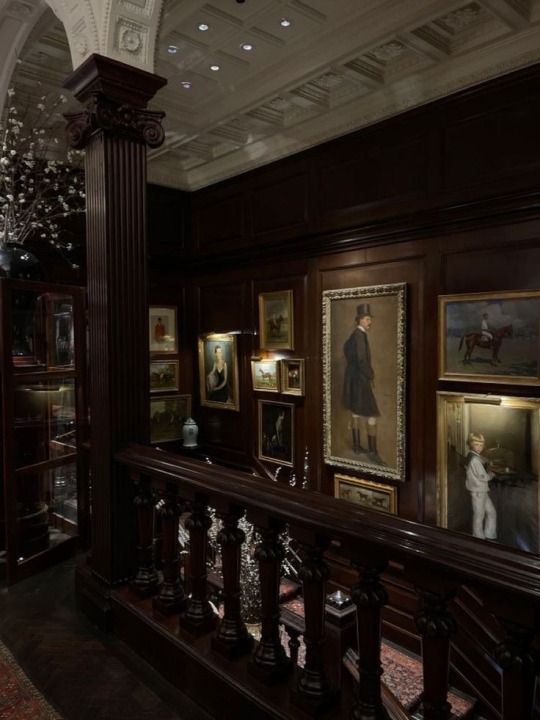
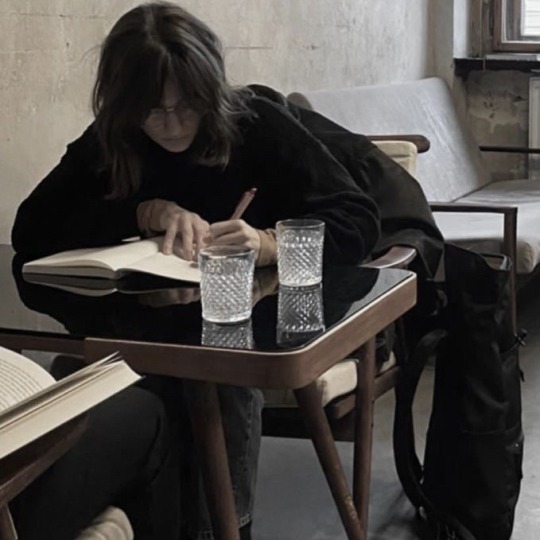



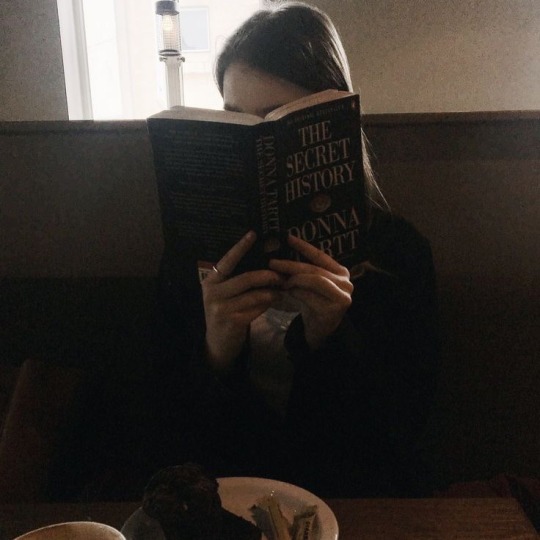
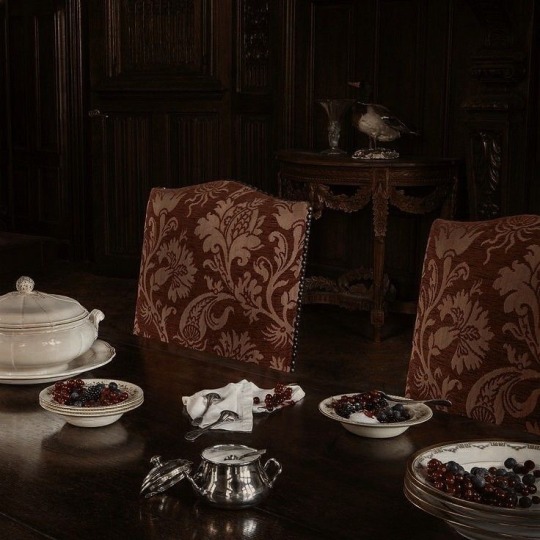
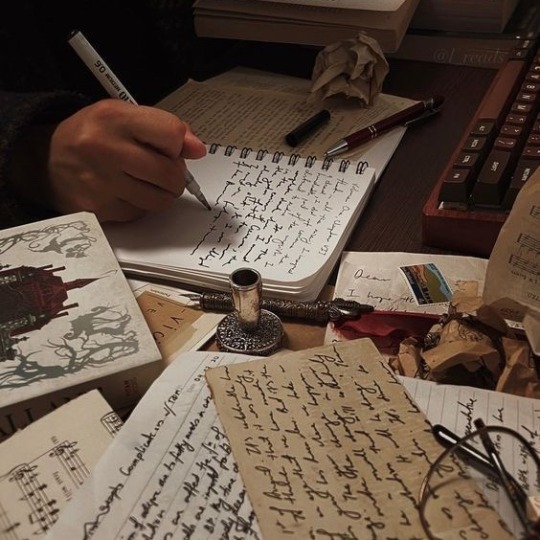
“Our own selves make us most unhappy, and that’s why we’re so anxious to lose them, don’t you think?”
– The Secret History
#aesthetic#chaotic academia#classic academia#dark academia#dark academia aesthetic#university#classic literature#books and libraries#books and coffee#books and literature#the secret history#donna tartt#darkestacademia#chaotic#literature#lit#books
11K notes
·
View notes
Text

of course he's read the secret history!!
3K notes
·
View notes
Text
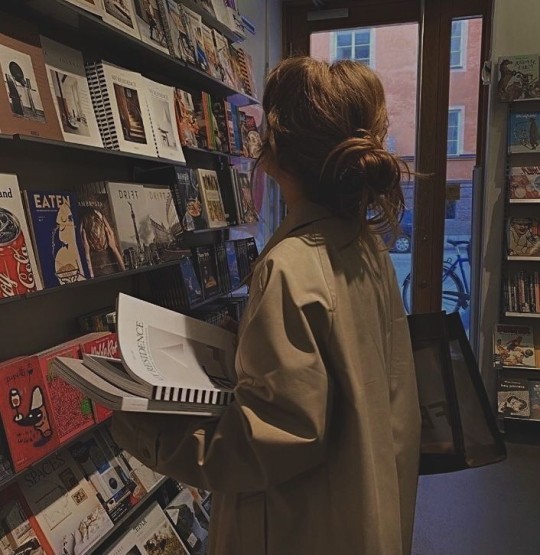

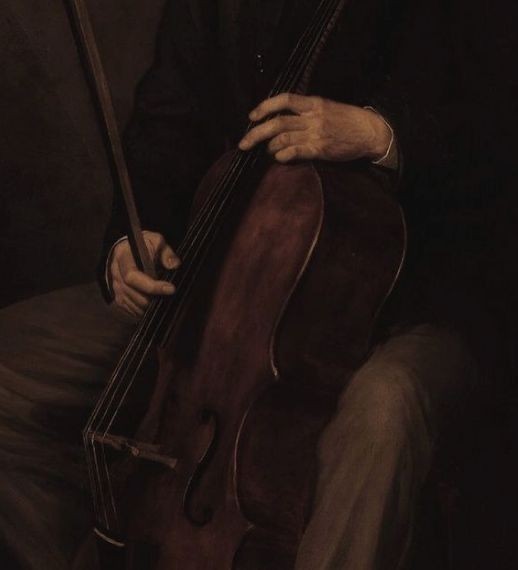
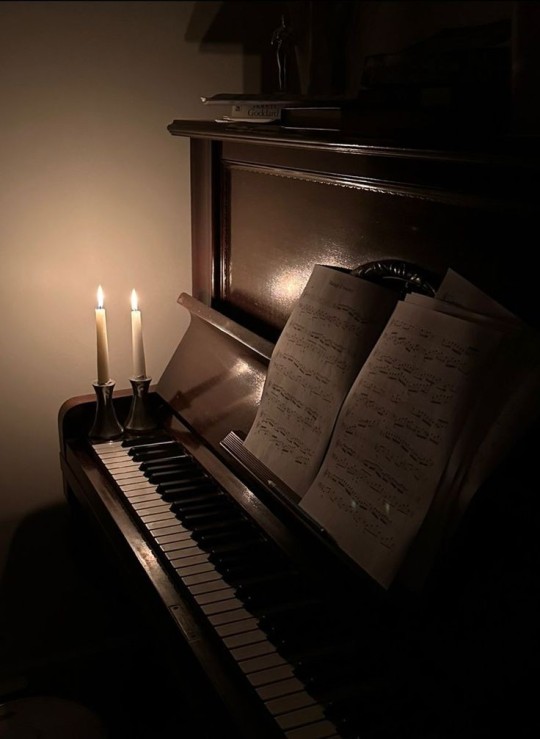

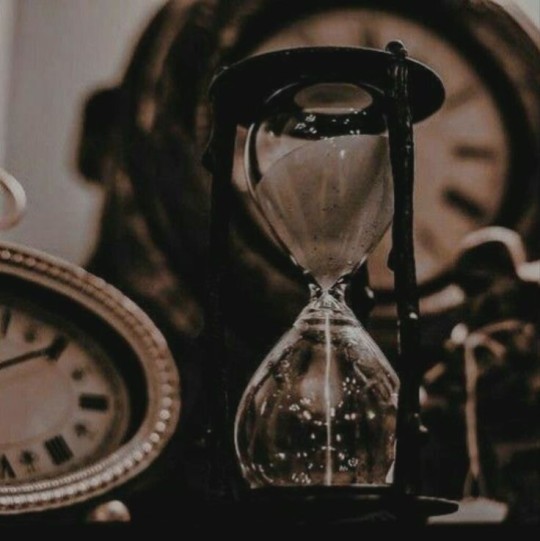
I feel like a poorly written poem. Picture Credit ~ 📍 pinterest
@luciferslilith7
#aesthetic#dark academia#chaotic academia#spilled ink#spilled thoughts#self qoute#academia#classic academia#classic literature#english literature#escapism#dark and darker#dark academia moodboard#light academia#dead poets society#the secret history#if we were villains#donna tartt#books and poetry#books & libraries#my academia#dark aesthetic#writeblr#booklr#library aesthetic#henry winter#richard papen#art academia#mystery#sylvia plath
3K notes
·
View notes